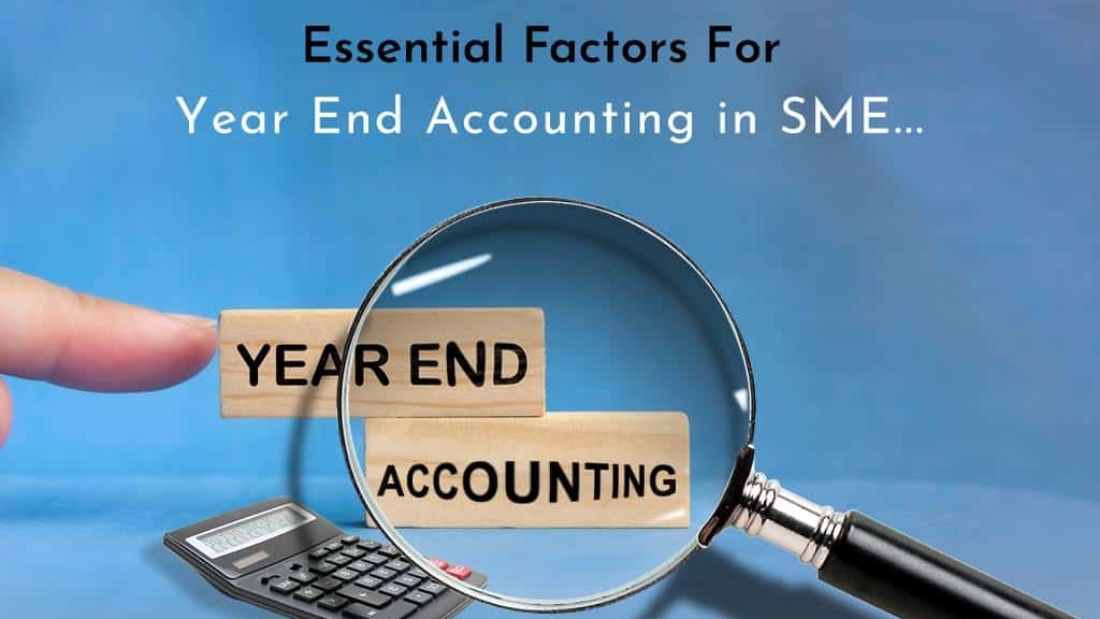To ensure the success of any organisation, especially startups and small and medium-sized enterprises (SMEs), one of the most important criteria is to maintain control over accounts payable. Maintaining a good grasp on your accounts payable will assist you in avoiding unanticipated expenditures, which have the potential to throw even the most meticulously planned budget off track. The amount of money that a firm owes to its suppliers and vendors is referred to as its accounting payables.
We are going to provide you with some essential insights in this article so that you can remain on top of your accounting payables and prevent any problems from occurring. If you continue reading, you will acquire additional insights about accounting payables:
What are the components that make up accounts payable in a company?
In general, the accounts payable of a firm are comprised of the bills that the company is obligated to pay. The amount of money that it owes to its suppliers for the goods and services that it has given can be at issue. The accounts payable category includes all bills, with the exception of wages. Your company’s total financial health, including its business credit score, is directly correlated to the quality of the accounts payable process that you have designed and implemented. The most reputable accounting firms in Dubai are able to assist business owners in resolving any issue that may arise with regard to accounts payable.
The Procedures Involved in the Accounts Payable Process
When it comes to developing a robust accounts payable process for your company, it is essential to have a solid understanding of the important phases involved. For the purpose of developing an efficient accounts payment process in your organisation, please refer to the following:
A. Order for the purchase
Sending a buy order to a vendor is the first step in the purchasing process, which is initiated by the purchasing department of the organisation.
b) Obtaining the report and
A receiving report is created with the purpose of documenting the shipment, including any problems or damage that may have occurred, once the company has received the goods or services.
c) Invoice from the vendor
For the purpose of requesting payment for the products or services that have been purchased and received, the seller will generate and deliver an invoice. After receiving the invoice, the company will make a note of the payment conditions and then proceed to execute the payment in accordance with those terms.
Standards of Excellence for the Monitoring of Accounts Payable
Due to the fact that accounts payable can have a direct impact on the cash flow of your organisation, it is imperative that they be maintained meticulously and paid promptly. If you have a mountain of bills and invoices, it may cause you to engage in unsound financial activities, which could put your company in jeopardy.
It is possible for your accounts payable department to feel overwhelmed when it comes to effectively tracking invoices, payments, and due dates. This is especially true when the firm grows and the volume of transactions increases. To assist you in adopting some excellent practices for monitoring accounts payable for your organisation, the following list is provided for your convenience:
Maintain records of accounts payable that are accurate.
If you keep precise records of your accounts payable, you will be in a better position to handle any payment disputes that may arise. When it comes time to file taxes, the records will serve as evidence of expenditures, as well as a reminder to the company of any invoices that are yet to be paid.
Make use of high-quality accounting software.
It is imperative that you invest in powerful accounting software that will aid in the automation and simplification of the accounts payable process. The payments can be tracked, errors can be reduced, and the process may be sped up with appropriate software for the accounts payable process. Professional accounting firms in Dubai are able to assist you in locating accounting software that is suitable for your business.
Stay focused on the details.
When managing the accounts payable process, it is necessary to pay close attention to every detail. Each and every invoice needs to be checked for accuracy, as well as the billing date and the payment date.
Please refer to the original charges.
To the greatest extent that it is feasible, it is recommended to work from the original invoices. It is recommended that you print the invoice and submit the original email if you have issued any electronic bills. This will help you avoid making mistakes and will ensure that there is less confusion.
Maintain an up-to-date database of the suppliers.
In a global market such as Dubai, it is possible for businesses to relocate, gain new suppliers, and develop new relationships with existing contacts. There is a possibility that an invoice will not be acknowledged in circumstances such as these, which may result in payments being delayed or payments being sent to the incorrect address. The information about your suppliers needs to be kept up to date, therefore choose a solution.
Invoices and purchase orders should be matched.
If you want to make sure that you are paying for anything that is legitimate, you should always compare your invoices and purchase orders. Additionally, it can assist in the identification of discrepancies, such as overcharges or differing quantities, as well as possible instances of fraudulent accounts payable.
Obtain advice from the most reputable accounting firms in Dubai.
The process of accounts payable is seen by many owners of small and medium-sized enterprises (SMEs) as merely fulfilling a required but sometimes repetitious back-office role. Instead, you should begin to recognise and appreciate the additional value that accounts payable may give (for example, by boosting cash flow). In the event that you are having difficulty enhancing the process of accounts payable, do not be reluctant to seek assistance from the most reputable accounting firms in Dubai, such as ourselves.
Related Info
- Top 20 Accounting Services In Dubai 2024: A Comprehensive Guide For Businesses
- Process Of Audit In Dubai
- AML-CFT Suspicious Transaction Indicators For Auditors
- The Relationship Between Accounting Standards And Corporate Tax
- How Can An Accounting Firm Support The Future Success Of Your Company?
- How Can Accountants Assist In Effective Fraud Detection And Prevention?
- Essential Factors For Year End Accounting In SME










